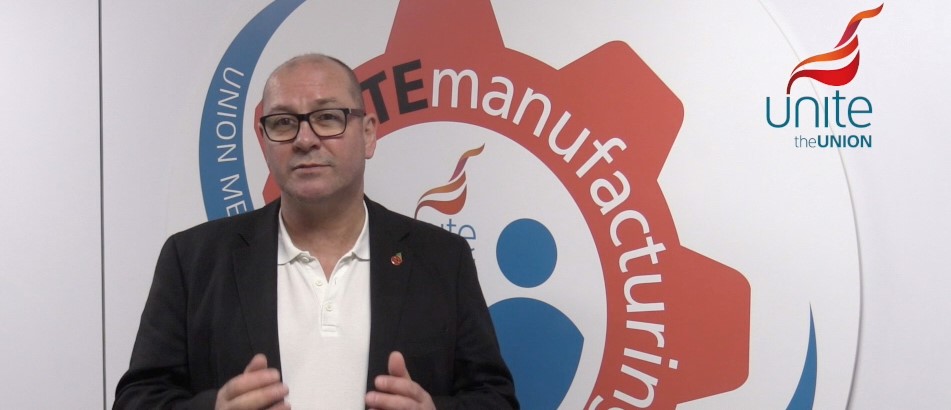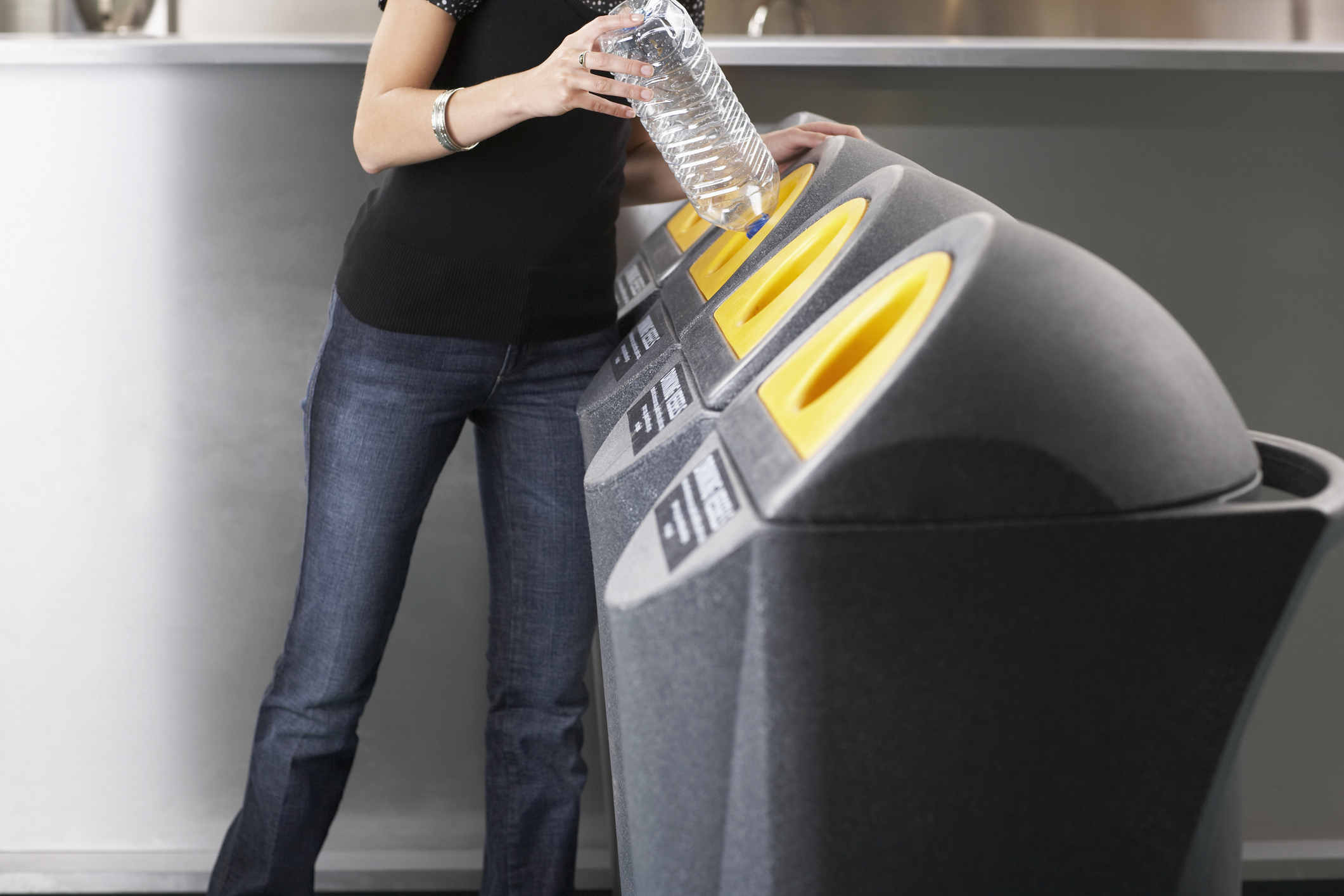Govt chaos causes car slump
Brexit uncertainty and confusion over the government’s diesel policies were among the main reasons to blame for the latest figures showing car sales fell by 5.7 per cent in 2017.
Last month registered the ninth month in a row of declining sales, reflecting in part falling consumer confidence amid a stagnant economy.
Driving the car industry’s recent slump is a sharp 17.1 per cent fall in diesel demand last year, which Unite has pinned on the government’s recent proclamations to ban diesel vehicles by 2040 – a proposal Unite argues is completely lacking in any plan or strategy.
Despite the government vocally opposing diesel in a bid to – as Unite assistant general secretary Tony Burke argued – “show off its green credentials”, the government’s policies so far have in fact had a decidedly negative impact on the environment.
Figures from the SMMT out today (January 5) show that amid the slump in diesel sales, CO2 emissions have actually increased for the first time after two decades.
This is because consumers, wary of buying new diesel cars over potential concerns about its future value and environmental and health impact, have kept their older vehicles – which are far more polluting.
Cleanest engines
Burke told UNITElive that the newer clean diesel engines, produced by Unite members at the Ford plant in Dagenham, are the cleanest and most efficient in the world, and will play a key role in the UK’s eventual transition to electric.
“The diesel engines we’re talking about here do not blow out black smoke – they are the cleanest that they could possibly be,” he explained.
He slammed energy secretary Michael Gove’s 2040 deadline for banning new diesel and petrol vehicles – a plan he said would be impossible to achieve without a carefully planned strategy.
“Ministers’ botched and badly thought through announcements are causing major damage to the industry,” he said, pointing to today’s figures. “Combined with economic and Brexit uncertainty this risks taking the sheen off the jewel in the UK’s manufacturing crown and the 800,000 high skilled jobs it sustains.
“A just transition to electric without sacrificing hundreds of thousands of jobs can only be accomplished by having in place the proper infrastructure and an industrial strategy that includes retraining workers to have the skills needed for an electric future.”
Burke pointed to other countries in Europe such as Germany, who have planned a phased transition that includes consulting unions and industry bodies. Taking this approach, Burke noted, meant that these countries have been able to set their target year for zero-emissions cars much sooner.
Meanwhile, Britain has begun to lag behind in league tables for necessary electric vehicle infrastructure, such as public charging points.
Public misled
Unite national officer for the automotive industry Des Quinn echoed Burke, noting that “ministers have badly misled the public about new diesel engines and in doing are causing damage to the industry.
“The Euro 6 engine produced by Unite members in Dagenham is the cleanest diesel engine in existence and without it all manufacturers will be harmed as they will not be able to meet their emissions targets. This will do far more harm to the environment than good.”
Quinn urged the government to consult with Unite, the SMMT and others who have an actual understanding of the industry and how new vehicle technology works.
“We need to get the right message out to the public,” he said. “Unite is ahead of the curve now and will soon be publishing a document busting the myths about diesel and putting forward an alternative vision for a transition plan to new vehicle technology.”
Burke also called on the government to get its house in order over the economy and Brexit.
“Car workers and manufacturing communities will be looking to the government to get the economy out of the slow lane in the year ahead and provide certainty over the UK’s future trading relationship with Europe in order to unlock stalling car manufacturer investment,” he said.
“A failure by ministers to do so will jeopardise the UK’s status as world leader in car manufacturing and undo the hard work of Britain’s car workers.”
 Like
Like Follow
Follow


